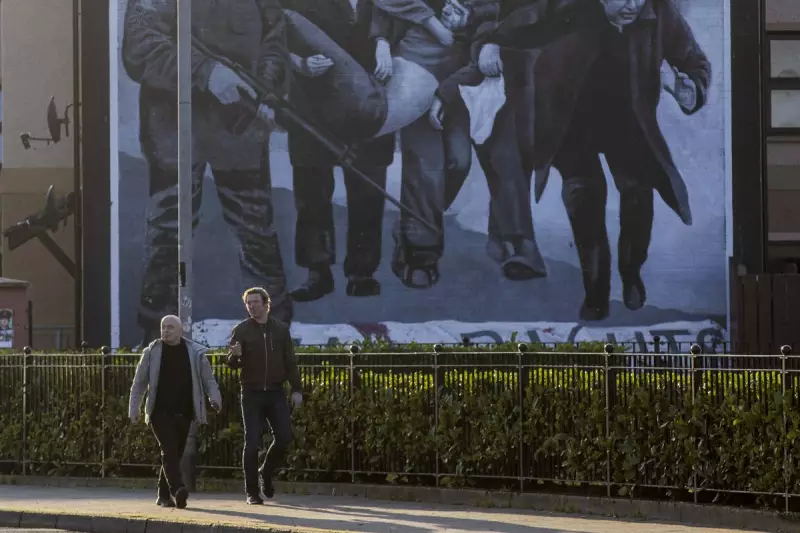
Fresh concerns have emerged about the conduct of the Parachute Regiment during the Bloody Sunday massacre in Londonderry, following the discovery of previously unseen military documents. The revelations shed new light on one of the most controversial episodes in Northern Ireland's troubled history.
Disturbing Details Uncovered
The documents, uncovered during a recent investigation, contain statements from Royal Military Police officers who were present in the city's Bogside area on January 30, 1972. Fourteen unarmed civil rights protesters lost their lives when members of the Parachute Regiment opened fire, with another victim dying later from injuries sustained.
According to the newly revealed accounts, military police expressed significant concerns about the parachutists' actions that fateful day. The documents suggest that the regiment's approach was considered overly aggressive even by contemporary military standards.
Long Shadow Over Londonderry
Bloody Sunday remains one of the most painful chapters in Northern Ireland's history, with the events of that day continuing to cast a long shadow over the community in Londonderry. The Saville Inquiry, which concluded in 2010, found that all those killed or injured were innocent and that the soldiers' actions were "unjustified and unjustifiable."
However, these new documents raise additional questions about the chain of command and whether proper procedures were followed during the operation. The revelations come at a sensitive time, as many families of the victims continue to seek full accountability for what occurred.
Ongoing Legacy Issues
The Parachute Regiment's actions on Bloody Sunday have been the subject of numerous investigations and legal proceedings over the decades. While the Saville Report brought some measure of closure to families, many believe that complete transparency has yet to be achieved.
These latest documents, discovered in historical archives, demonstrate how historical events from the Troubles period continue to resonate in contemporary Northern Ireland. The delicate balance between addressing past wrongs and moving forward remains a challenge for communities and authorities alike.
As historians and legal experts examine these new findings, the people of Londonderry continue to remember those lost on that tragic day, while hoping for a future where such events remain firmly in the past.





